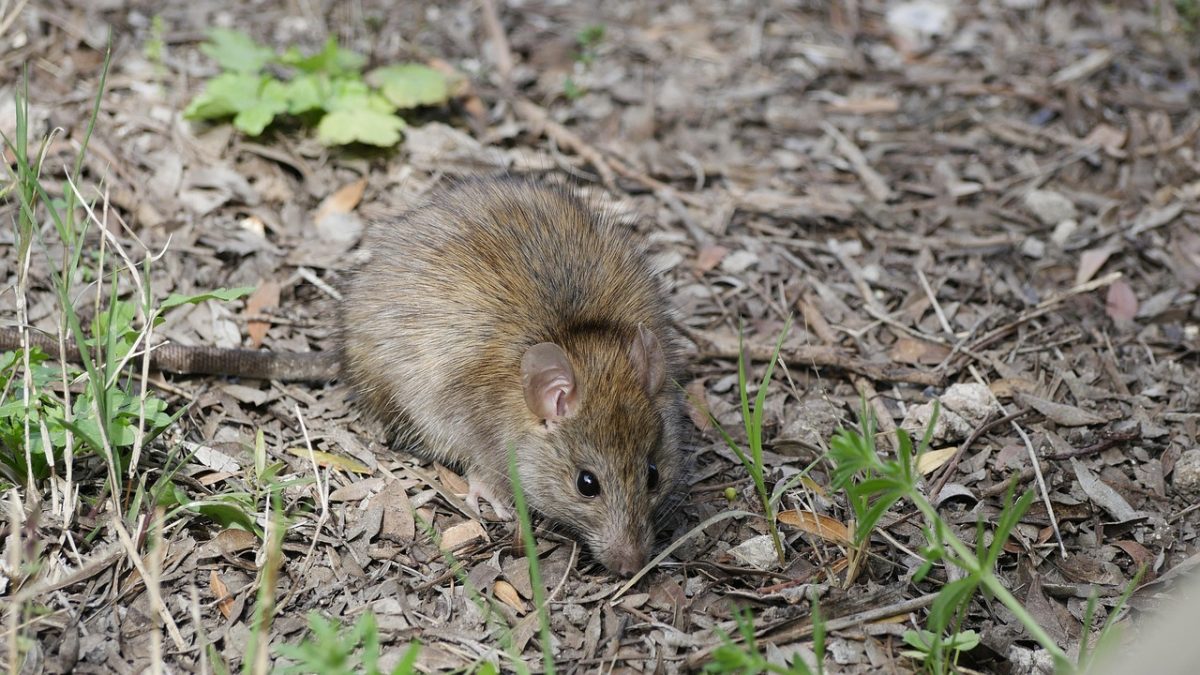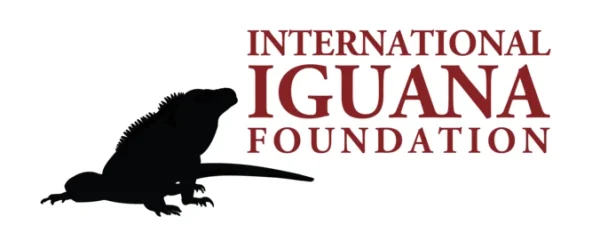 As environmental challenges grow, the need for responsible pest management becomes increasingly important. Traditional methods often fail to balance effectiveness with environmental care. Our Black Trakka monitoring system offers a forward-thinking approach by providing crucial monitoring capabilities that aid pest control efforts. By offering detailed insights into animal activity, Black Trakka supports more targeted pest control methods, helping to protect vulnerable species while minimising ecological impact.
As environmental challenges grow, the need for responsible pest management becomes increasingly important. Traditional methods often fail to balance effectiveness with environmental care. Our Black Trakka monitoring system offers a forward-thinking approach by providing crucial monitoring capabilities that aid pest control efforts. By offering detailed insights into animal activity, Black Trakka supports more targeted pest control methods, helping to protect vulnerable species while minimising ecological impact.
The Problem with Traditional Pest Control
Impact on Non-Target Species
Traditional pest control methods often cause unintended harm to wildlife. Traps and baits are usually non-specific, leading to the accidental injury or death of animals that are crucial to their ecosystems.
Environmental Contamination
Chemical pesticides, while effective against pests, can contaminate soil and water. This contamination can disrupt ecosystems and harm a wide range of non-target species. Additionally, the overuse of pesticides can lead to resistance in pests, making them harder to control over time.
Challenges in Monitoring
Traditional pest control methods often lack effective monitoring tools. Without proper monitoring, it’s difficult to track pest activity and make informed decisions. This reactive approach can lead to inefficiencies, with efforts focused on visible problems rather than underlying patterns or causes.
The Need for Improved Monitoring
Given these challenges, there is a clear need for better monitoring solutions that can guide pest control efforts more effectively. Black Trakka addresses this need by providing an environmentally responsible tool for tracking and understanding animal activity, allowing for more informed and strategic pest management.
The Black Trakka System
Overview of Black Trakka
The Black Trakka system is designed to monitor pest and at-risk species, providing critical data to support effective pest management. This tool is widely used by conservationists and researchers for its non-invasive approach.
Black Trakka Components
The system comprises durable tracking tunnels and inked cards. The tunnels house the inked cards, which capture the footprints of animals passing through, allowing for precise identification and monitoring.
Environmental Benefits
Black Trakka aligns with sustainability by using non-toxic materials and supporting long-term use. It reduces the need for pesticides, playing a key role in conservation efforts by enabling targeted pest management strategies.
The Three Pillars of Sustainability
Environmental Integrity
Black Trakka prioritises environmental sustainability by offering a non-invasive way to monitor animal activity. It uses non-toxic, environmentally safe ink on its tracking cards, ensuring that it does not harm non-target species or contribute to pollution. Additionally, the tracking tunnels are made from recyclable materials, further minimising the system’s ecological footprint.
Economic Feasibility
The economic benefits of Black Trakka are evident in its design for long-term use. The durability of the tracking tunnels and the longevity of the inked cards reduce the need for frequent replacements. This lowers overall costs, making the system a cost-effective option for various conservation projects, from small-scale local efforts to large-scale initiatives.
Social Equity
Black Trakka contributes to social equity by supporting conservation efforts that protect biodiversity, which is essential for maintaining healthy ecosystems. By enabling effective and targeted pest management, the system helps preserve the natural heritage for future generations, ensuring that both people and wildlife can thrive in balanced environments.
Real-World Impact
 Pacific Rim Conservation, Hawaii, USA
Pacific Rim Conservation, Hawaii, USA
Black Trakka was instrumental in monitoring predator activity in Hawaii, helping protect native bird species. The system’s durability and portability made it an ideal tool for assessing the effectiveness of their conservation strategies.
 International Iguana Foundation, Jamaica
International Iguana Foundation, Jamaica
The Black Trakka system was used to monitor mongoose and rodent activity, providing essential data that supported ongoing efforts to protect the endangered Jamaican iguana and other native species.
 North Shore Community Land Trust, Hawaii, USA
North Shore Community Land Trust, Hawaii, USA
This organisation utilised Black Trakka to assess the impacts of their trapping efforts on mongoose populations. The system’s eco-friendly design allowed for reliable monitoring without harming the environment.
Aligning with Global Conservation Goals
Supporting Conservation Efforts
The Black Trakka system plays a vital role in conservation efforts by providing detailed data that helps manage pest populations in a way that aligns with environmental goals. In New Zealand, for instance, it supports the Predator Free 2050 initiative by enabling targeted monitoring and control of invasive species without harming native wildlife.
Sustainable Design
Black Trakka’s sustainable design, including recyclable materials and long-lasting components, aligns with global sustainability efforts. This system reduces waste and minimises environmental impact, making it a responsible choice for conservationists worldwide.
Contribution to Global Sustainability
By supporting targeted pest management and reducing the need for harmful chemicals, Black Trakka contributes to the broader goals of global sustainability. Its use helps protect biodiversity, ensuring that ecosystems remain balanced and healthy for future generations.
Sustainable pest management is essential for protecting our environment and ensuring the long-term health of ecosystems. The Gotcha Traps Black Trakka system exemplifies how innovative tools can align with conservation goals. By providing accurate monitoring and data collection, Black Trakka enables targeted pest management that minimises harm to non-target species and reduces environmental impact. Its sustainable design and effectiveness in real-world applications make it a valuable asset in global conservation efforts. As we continue to seek balanced solutions, Black Trakka leads the way in responsible pest management.